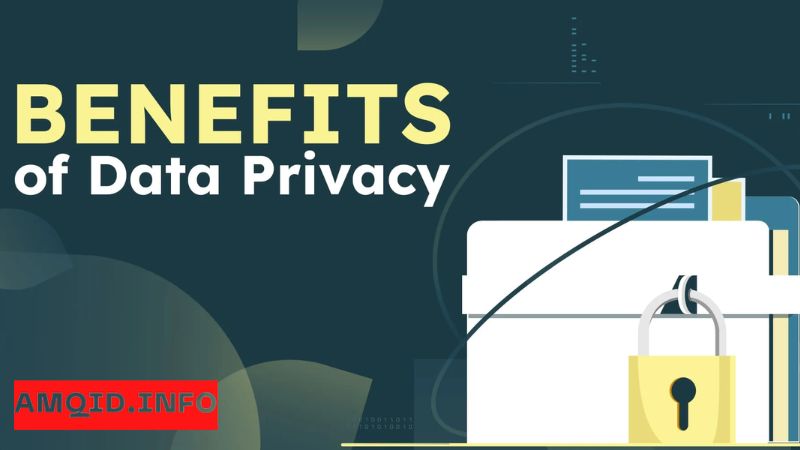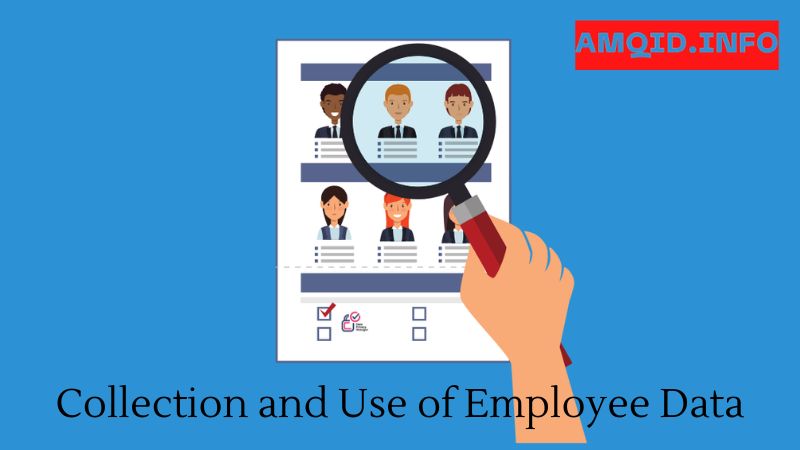In today’s digital age, where data breaches and privacy concerns dominate headlines, safeguarding the privacy of employee data has become paramount for organizations worldwide. As businesses increasingly rely on technology to streamline operations and manage personnel, the need for a robust data privacy policy for employees has never been greater. This article by Amqid.info delves into the intricacies of such a policy, outlining its key components and emphasizing its significance in maintaining trust, compliance, and security within the workplace.
Introduction
Within the framework of modern enterprises, the implementation of a data privacy policy for employees serves as a cornerstone for ethical and responsible data management practices. This policy delineates the guidelines and procedures governing the collection, usage, storage, and protection of employee data throughout the employment lifecycle. By establishing clear protocols, organizations can uphold the privacy rights of their workforce while mitigating the risks associated with unauthorized access or misuse of sensitive information.
The Importance of Data Privacy Policy for Employees
Data privacy policy for employees plays a pivotal role in fostering a culture of trust and transparency within organizations. Employees entrust their personal and professional information to their employers, expecting it to be handled with the utmost care and discretion. A robust data privacy policy not only safeguards sensitive data but also demonstrates an organization’s commitment to respecting the privacy rights of its workforce.

Collection and Use of Employee Data
Central to any data privacy policy for employees is the responsible collection and usage of employee data. From personal information and employment history to performance evaluations and health records, organizations gather a plethora of data throughout the course of an employee’s tenure. However, the collection of such data must be done transparently, with clear communication regarding the purposes for which it will be utilized. Whether for payroll administration, performance evaluation, or compliance with legal requirements, the usage of employee data must align with predefined objectives outlined in the policy.

Disclosure and Security Measures
While the disclosure of employee data to third parties may be necessary in certain circumstances, such as engaging service providers or fulfilling legal obligations, stringent measures must be in place to safeguard against unauthorized access or disclosure. Data encryption, access controls, and regular security audits are just a few examples of the safeguards organizations can implement to protect employee data from external threats. Moreover, internal policies and procedures should govern the dissemination of employee data, ensuring that only authorized personnel have access to sensitive information on a need-to-know basis.
Retention and Disposal
In adherence to data privacy regulations, organizations must establish clear guidelines for the retention and disposal of employee data. Retaining data beyond the necessary timeframe not only poses unnecessary risks but also violates the privacy rights of employees. Upon termination of employment, organizations should securely dispose of or anonymize employee data in accordance with predefined retention policies. By doing so, organizations can mitigate the risks associated with data breaches and unauthorized access to sensitive information.
Employee Rights and Responsibilities
A robust data privacy policy for employees empowers employees by delineating their rights and responsibilities concerning the handling of their personal information. From the right to access and update personal data to the obligation to report any suspected data breaches or violations, employees play an integral role in upholding data privacy within the organization. By fostering a culture of accountability and transparency, organizations can ensure that employees are actively engaged in safeguarding their own privacy rights.

Compliance and Enforcement
Ensuring compliance with data privacy regulations requires a concerted effort from both management and employees alike. Organizations must provide regular training and awareness programs to educate employees about their obligations under the data privacy policy. Additionally, establishing mechanisms for reporting and investigating data privacy incidents enables organizations to address violations promptly and mitigate potential risks. Non-compliance with the data privacy policy may result in disciplinary action, underscoring the importance of adherence to established protocols.
Continuous Improvement
As the regulatory landscape evolves and technological advancements continue to reshape the way data is managed, organizations must regularly review and update their data privacy policies to reflect current best practices and legal requirements. By staying abreast of emerging trends and proactively addressing potential vulnerabilities, organizations can maintain the trust and confidence of their workforce while mitigating the risks associated with data privacy breaches.
Conclusion
In conclusion, a comprehensive data privacy policy for employees is indispensable for organizations seeking to uphold the highest standards of privacy, security, and compliance. By establishing clear guidelines and procedures for the collection, usage, disclosure, and protection of employee data, organizations can foster a culture of trust, transparency, and accountability within the workplace. As custodians of sensitive employee information, organizations have a responsibility to prioritize data privacy and safeguard the privacy rights of their workforce. In doing so, they not only mitigate the risks associated with data breaches but also demonstrate their commitment to ethical and responsible data management practices.
In essence, a data privacy policy for employees serves as a cornerstone of organizational integrity and accountability, ensuring that employee data is treated with the utmost respect and confidentiality it deserves. By adhering to the principles outlined in this policy, organizations can navigate the complexities of data privacy regulations while maintaining the trust and confidence of their workforce.